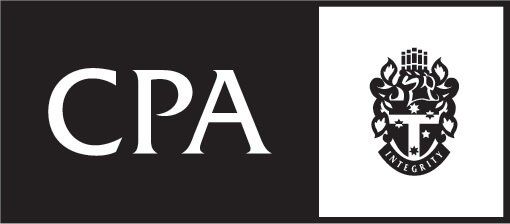February 2024 - Update
Our postal address is changing!
PO BOX 3135, COTHAM VIC 3101
The Australia Post Kew branch are closing their doors, therefore effective immediately our postal address has changed to the above. Please note for recent mail, our old PO Box will be redirected to the new PO Box.
Changes to proposed 'Stage 3' tax cuts
Despite previous assurances, and after much speculation, the Government has announced tweaks to the 'Stage 3' tax cuts that will apply from 1 July 2024.
The Government proposes to:
- reduce the 19% tax rate to 16%;
- reduce the 32.5% tax rate to 30% for incomes between $45,000 and a new $135,000 threshold;
- increase the threshold at which the 37% tax rate applies from $120,000 to $135,000; and
- increase the threshold at which the 45% tax rate applies from $180,000 to $190,000.
The Medicare levy low-income thresholds for the 2024 income year will also be increased.
Changes in reporting requirements for sporting clubs
Not-for-profits including sporting clubs, societies and associations with an active ABN, need to lodge an annual NFP self-review return to continue accessing their income tax exemption.
The main purpose of a sporting organisation must be the encouragement of a game, sport or animal racing. Any other purpose of the organisation must be incidental, ancillary or secondary.
The organisation's governing documents will help identify the purpose for which it was set up, and the organisation's activities in the year of income must then demonstrate that the main purpose is the encouragement of its game, sport or animal racing.
NFP organisations need to lodge their first NFP self-review return for the 2024 income year between 1 July and 31 October 2024.
NFP organisations with their own ABN need to complete their own NFP self-review return even if they are affiliated with a broader sporting group.
If an NFP organisation does not lodge the return, they may become ineligible for an income tax exemption and penalties may apply.
Deductions denied for work-related expenses
The Administrative Appeals Tribunal recently held that a taxpayer should not be allowed deductions for various work-related expenses, largely because the substantiation requirements had not been satisfied.
The taxpayer, a real estate salesperson, claimed tax deductions for the 2018 to 2020 income years, during which time he derived income from his employment with a real estate company.
However, the ATO disallowed the taxpayer's claims for various work-related expenses, including car expenses, and gifts and donations.
The AAT agreed with the ATO, and held that the expenses claimed were not deductible and that the taxpayer had failed to substantiate his claims.
The taxpayer had claimed deductions for car expenses using the logbook method, but the AAT noted that the car was owned by a company and was not leased to the taxpayer. Therefore, the car was not 'held' by the taxpayer, as required by the logbook method. The taxpayer's logbook also lacked "sufficient specificity" for this method.
While the taxpayer produced credit card statements and telephone tax invoices (in relation to credit card interest and telephone expenses), it was not clear from these documents whether the costs claimed related to work expenses.
The taxpayer sought to rely on bank transaction statements in relation to other expenses, but they were considered to be insufficient, as it was unclear from these statements what the relevant expense was, how the expense was incurred in earning the taxpayer's assessable income, and any apportionment between business and personal use.
There were also no receipts or tax invoices for any of the claimed donations.
Sale of land subject to GST
The AAT recently held that the sale of land by a taxpayer was subject to GST, as it was a supply made in the course of an enterprise being carried on by the taxpayer.
The taxpayer purchased a single parcel of land in 2013 for $1.6 million, and he subsequently took steps for the land to be subdivided and rezoned. He then sold the land in 2021 for $4.25 million before the subdivision was completed.
The ATO advised the taxpayer that the sale of the land was subject to GST as a taxable supply under the GST Act.
The taxpayer objected to the GST assessment on the following grounds:
- the sale of the property was not made by him in the course of his enterprise; and
- as the property was the taxpayer's residential premises, it was an input taxed supply, so no GST should apply anyway.
However, the AAT agreed with the ATO that the sale of the property was subject to GST as a supply made in the course of the taxpayer's enterprise.
The AAT first noted that the sale of the property was not an input taxed supply of residential premises because the buildings on the property were uninhabitable, and so the property did not meet the definition of 'residential premises' in the GST Act.
The AAT also held that the taxpayer's development works were in "the form of a business", even if he was not in the business of being a property developer. Relevant factors included the scale of the operations that the taxpayer was involved in (including rezoning and subdividing the property), as well as the amount of capital invested by him in the purchase of the property and development works.
The taxpayer's "series of activities" throughout his ownership of the property therefore amounted to the carrying on of an enterprise, and the taxpayer was liable to pay GST on the sale of the property.
The information provided in this update is general in nature and if you have any queries of require further information or assistance with the above, please contact our office.
Crawford News






